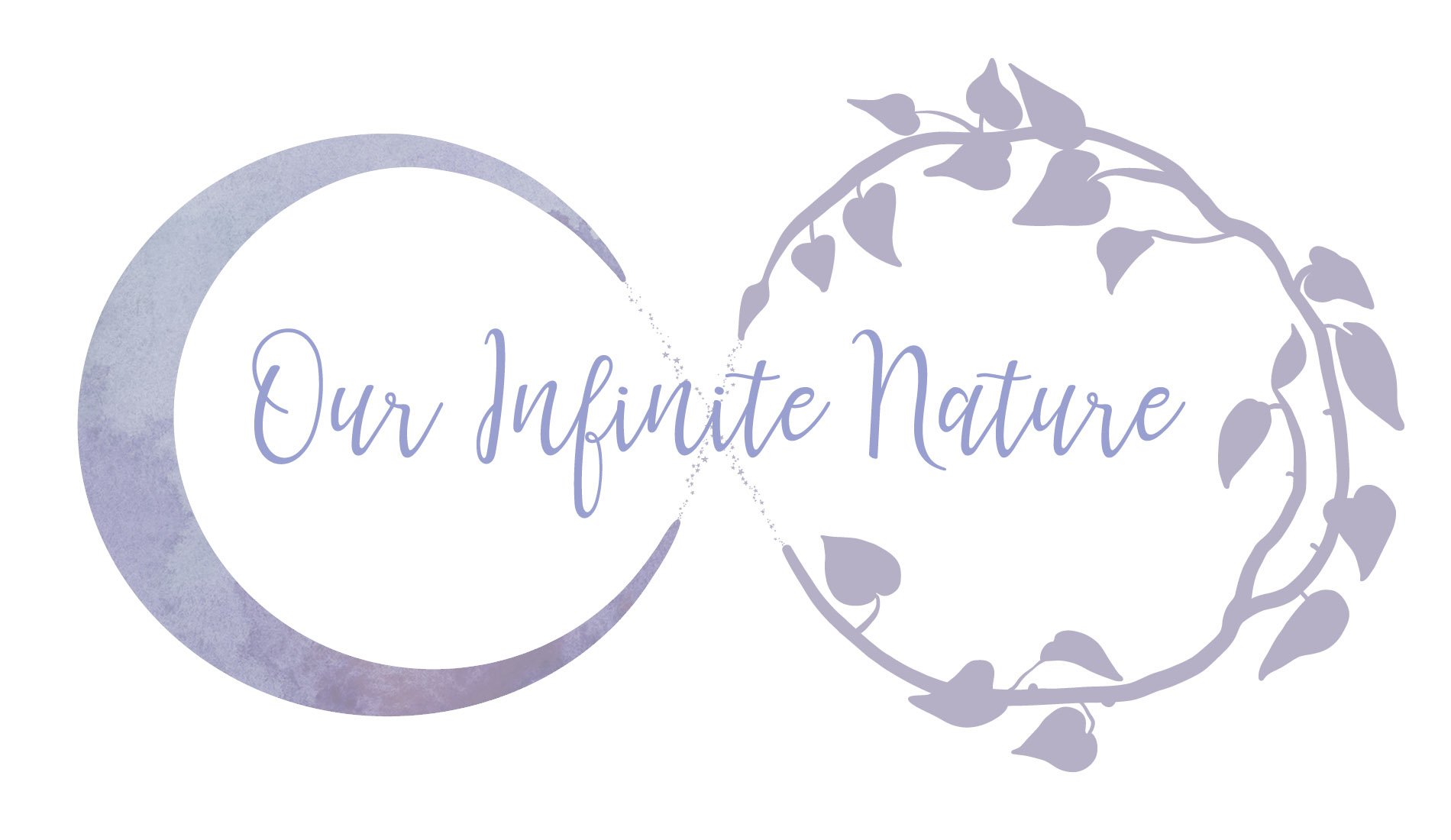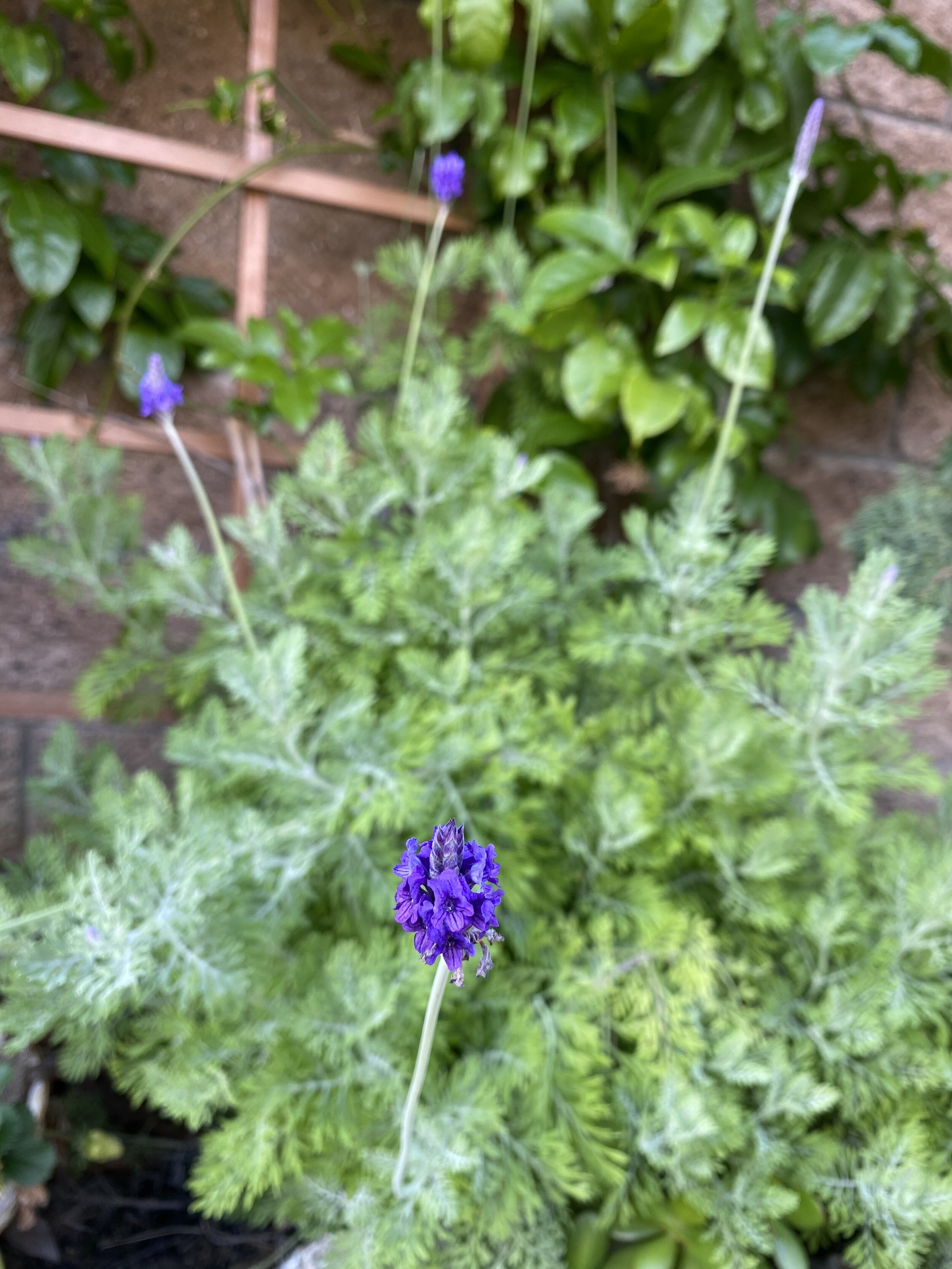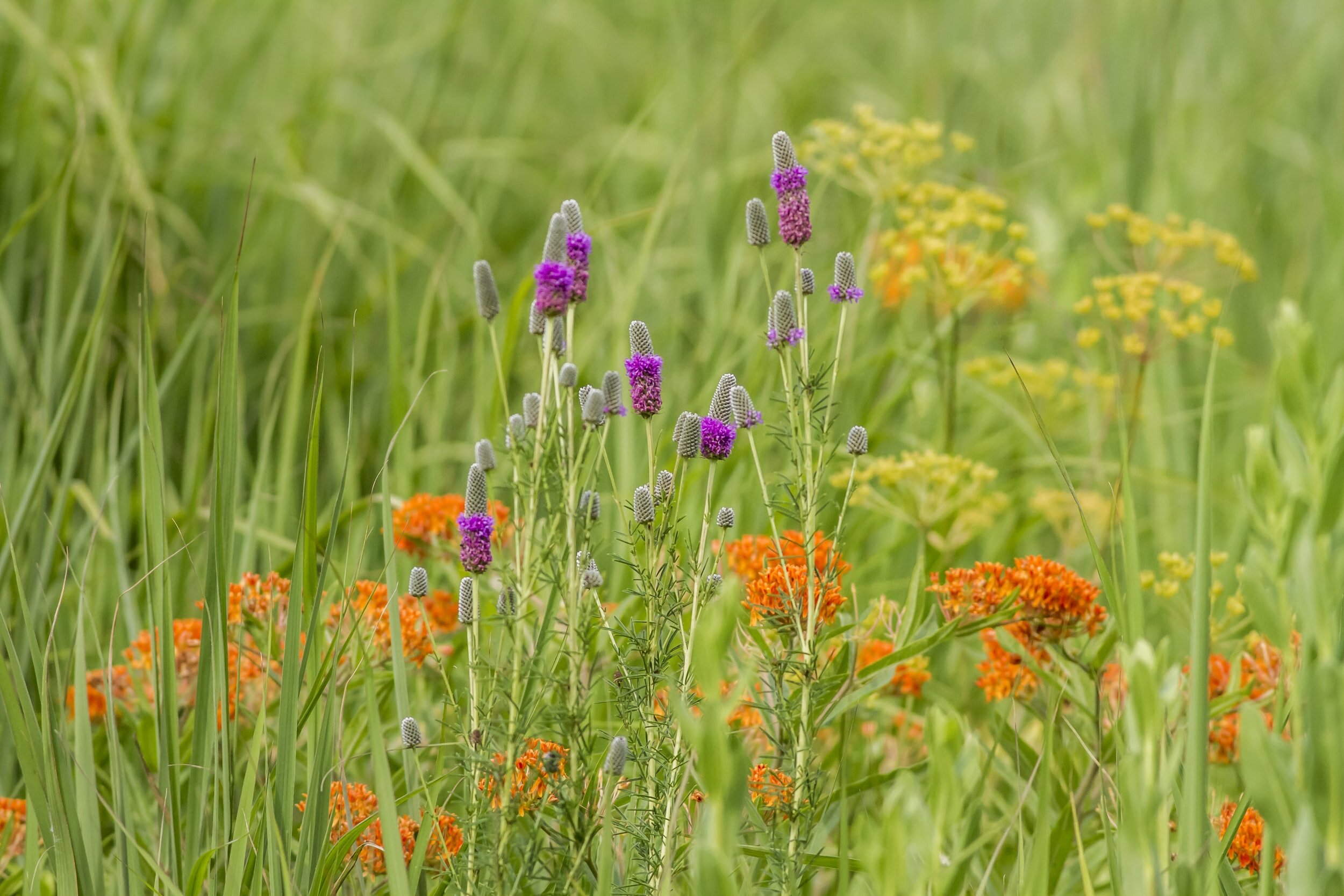How to Keep Your Yard Healthy for People and Planet (Guest Post)
Gardening is beneficial for many reasons. It is an excellent source of food; it's a fantastic physical activity, and it helps make your yard a beautiful oasis. Aside from making it aesthetically appealing, you need to make sure to keep your yard healthy for those that will reap the benefits of it and for the good of the planet as a whole. Here's how.
The Secrets of Soil
“In vino veritas” is a Latin phrase that means "In wine, there is truth." We could say the same thing about soil. If you plan to grow plants in your backyard, the best way to start is to find out as much as possible about the ground beneath your feet. Once you have all the information regarding your soil's characteristics, such as nutrient deficiencies, presence of salts, and pH levels, you'll be able to give it the best treatment and avoid the danger of using unnecessary amounts of fertilizers.
Testing your soil is a vital step toward a beautiful and healthy garden. It may cost a bit more than you expect, but it is a long-term investment from which you will benefit for many years.
Let Your Grass Get Wild
Don't worry; we still want your backyard to be neat and clean, but if you want the best for your garden and wish to save time, consider letting your grass grow long. That way, you'll ensure not only less work but also reduced usage of fertilizers.
If you are still in the phase of choosing what type of grass you'll plant in your garden, do proper research and pick the one most suitable for the climate you live in. You also need to know how demanding the grass is and if you can commit to that kind of upkeep. In other words, how much time and what means are necessary for its maintenance.
Unwanted Guests: Pesticides
We all want our gardens to look astonishing, but at what cost? Pesticides and similar products could make your backyard look healthy and beautiful. Still, these chemicals can be harmful and toxic for your family as well as the environment.
The good news is, there are natural alternatives, methods you can incorporate into your gardening ritual. Watering your garden properly or planting native plants are some of the solutions you can opt for to save your garden from unnecessary and risky chemicals. Be cautious. Even if you see a product with a label Organic or Natural, you can't be sure how dangerous it is. Even a (supposedly) natural product may be a waste of money and your garden's worst enemy.
The Benefits of Composting Organic Waste
Organic waste is everywhere. It appears in your home and outside of it. It is a cost-effective option you can use to give your garden all the nutrients it needs. The best time to start composting is now. There's no need for concern because we are talking about a straightforward process. You can use kitchen scraps and work them into the soil, creating an ideal environment for growing plants or flowers. You can do the same with fallen leaves (in season).
For those thinking about composting that may be worried about the time they need to spend on the process, investing in a composting tumbler may be the perfect solution. Composting tumblers are easy to maintain, don't occupy much space, and you can get compost in less than 60 seconds.
Compost Tea? Yes, It's a Real Thing
Organic waste is an ideal ingredient for compost tea. It is a method many people practice to improve their soil quality and ensure their plants get enough nutrients. Compost tea is a cost-effective product; it provides your soil with beneficial microbes and bacteria and speeds-up plant growth. If you don't want to wait for your compost to turn into soil, you can make it yourself, and you will get all the necessary nutrients for your plants in less than a week.
Save the Environment, Grow Native Plants
Planting native plants is beneficial for many reasons. Aside from making your garden look beautiful, native plants provide shelter and food for wildlife. They also ensure less soil erosion and water damage. Finally, when you have native plants, there's no need to use pesticides because natural predators are lending you a helping hand.
Consider Planting Bee-Friendly Plants
As you’re most likely familiar, bees are nature’s great pollinators, helping plants pollinate and reproduce all around the world. This process includes plants we use in our diet. Significant fact: Honeybees pollinate ⅓ of the food we eat.
The bad news is, their habitats are disappearing. Bees are in danger. The best way to show our gratitude is by growing bee-friendly plants in our backyards. According to a list made by the Chicago Zoological Society, there are many pollinator-friendly plants, including Thickspike Gayfeather, White Upland Aster, Cardinal Flower, and Grey-Headed Coneflower.
Too Much Water Can Harm Your Garden
If you want your lawn and garden to be healthy, make sure to provide them with enough water. But, remember, overwatering your plants and lawn can be dangerous; it can subsequently increase the use of chemicals and pesticides. If you take care of your lawn correctly, meaning, provide it with the proper nutrition and just enough water, your lawn can develop a deep root system that, in most cases, doesn't need much water to survive.
Sustainable living has become a global trend and one that needs to continue if we wish to have a cleaner and greener future. If we all join in, we will actively contribute to the well-being of our friends and loves ones and our planet too.
BIO:
Theodora Evans is a passionate blogger from Sydney and she simply loves nature. That is why she loves writing about gardening and growing fruits and veggies. Besides that, she loves martial arts and enjoys being an IT nerd.




